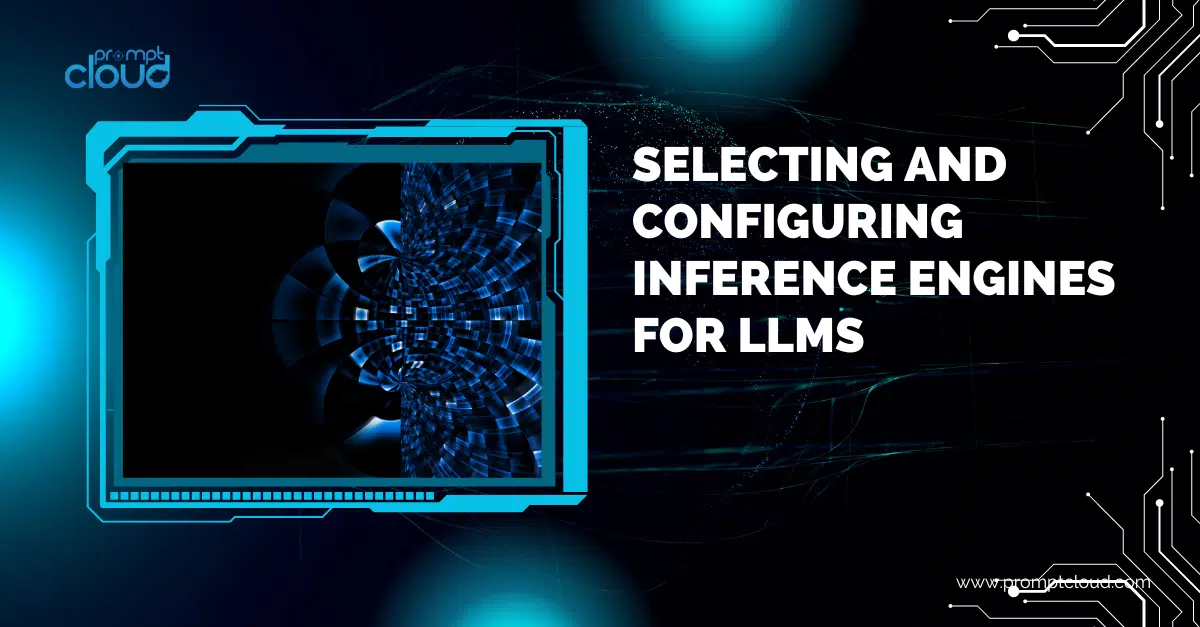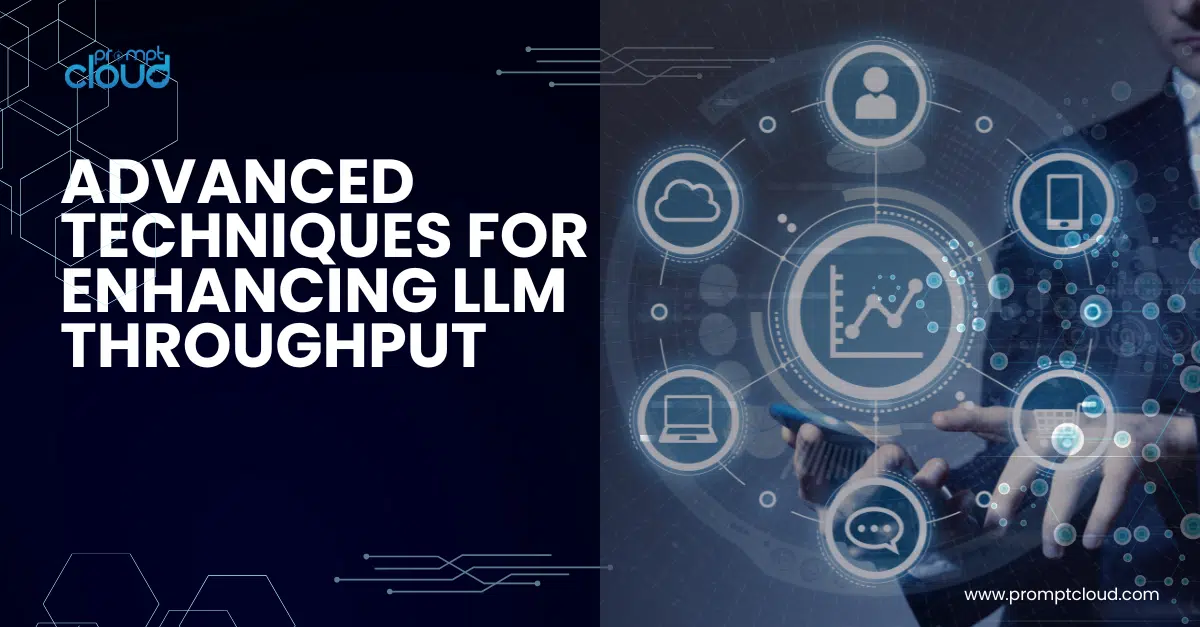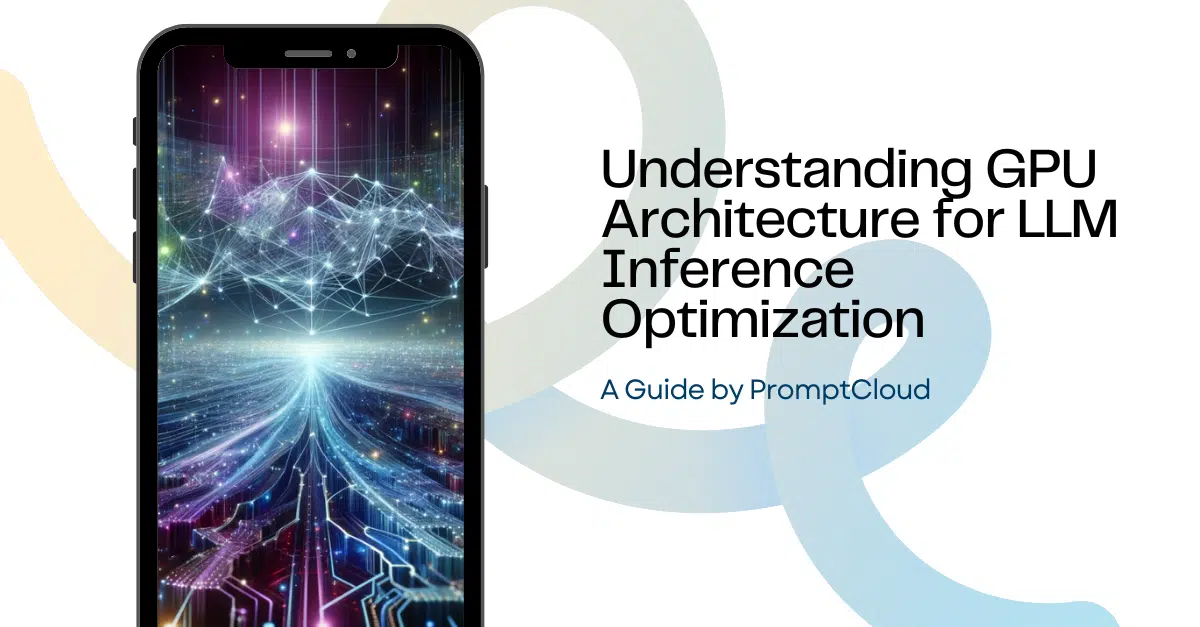Arguably, Blockchain has emerged as the single biggest driver of the trust factor in the digital business space. Initially, blockchain was confined to just the financial systems (or for financial transactions). However, it is increasingly becoming clearer that the technology has massive potential to impact other businesses as well. It is no surprise that great news awaits the technology in the near future. Reports peg the blockchain technology market growth at a CAGR of 58.7% from US$315.9 million in 2015 to a staggering US$20 billion by 2024.
Blockchain also augurs well for business who are ready to invest into gathering insights on their customers, competition, prospects, and the industry in general. With the data available through blockchain, analysts and data scientists can anticipate consumer behavior and predict the next opportunity that can rake in dollars for a business.
Why is blockchain interesting?
If you are new to blockchain then you can imagine it to be a digital ledger that keeps records of transactions between two parties (money transfer, land records, documentation, contracts to name a few entities that can be transacted). The interesting thing about the ledger is that
- It is freed from centralized management. There will always be more than one servers, and all of them need to validate the new entry (or ‘block’ of data) to be added to the database
- Once the block of transaction is added it becomes immutable or unable to be changed as time goes by, thus adding more muscle to the accountability factor
It has potential use cases for many industries such as the below –
1. Legal and Regulatory Compliance
Blockchain can handle secure storage of digital document and prevent it from being tampered. ‘Smart contracts’ that are appended to the blockchain database can stipulate terms and conditions, and details of products or services to be rendered and its accompanying mandate clauses. All this can be stored on blockchain without a formal legal authority to make it binding or legal.
2. Supply chain
The various functions of supply chain and its multiple touch points make sure that trust is always an issue when so many parties are involved. With blockchain, the element of trust is elevated to a new level. Companies using blockchain can get real-time visibility into asset tracking shipping details, and monitor deliveries. This helps pinpoint accountability in case of delay or damage and hold the right party responsible.
3. Food
Food is a fast perishable good that needs sufficient tracking mechanisms in order to preserve its freshness by the time the end consumer buys it. With blockchain, traceability of the food product’s origin, expiration, storage mandates, batch processing, and shipping details is made streamlined and easier.
4. Healthcare
Electronic patient data (diagnosis results, lab test outcomes, past history) can be easily be added to Blockchain. From here, accessed by pre-authorized healthcare administrators, insurers, and doctors to enable better quality healthcare.
In addition data analytics and predictive science too is set to be impacted by the various advantages blockchain offers. The current scenario for many industries is that predictive analytics relies on a very small historical data sample. This makes it difficult for data analytics to predict future trends effectively. A typical state of predictive analysis faces three key challenges –
1 – Lack of crucial data of past to enable future predictive modeling
2 – Expensive data scientists that may or may not be effective due to scarce past data
3 – Limited ability to scale
With blockchain, these three problems can be overcome in one go. By appending all transactional data into the blockchain, the process of collecting and cleaning data for uniformity becomes simplified. Additionally, with the availability of better volume of data, the performance of predictive data models too is likely to go higher.
The immediate outcomes of this marriage of blockchain with predictive data analysis are evident – smaller companies and emerging startups can effectively participate in the blockchain model and utilize the phenomenal power of predictive data analysis to boost their business.
Blockchain shows the world a radically different (and refreshing) view of how data can be stored and shared in a transparent, open source method. All 3 benefits of security, immutability, and transparency, offer significant ramifications for business in multiple industry verticals. With the data analytics domain, blockchain serves to facilitate better data availability in order to carry out powerful predictive modelling and statistical analysis.
1 – Blockchain in data analytics
Poor management of data can cause untold harm to operational and strategic objectives – misplaced patient data can raise a question mark on the hospital electronic records management system, stolen data can spawn mass-scale identity theft cases, and so on. Such public scale issues with data privacy and confidentiality can even impact the bottom lines of the company, thereby affecting its performance over the years and undermining investor confidence. Blockchain can help overcome these issues with secure storage of confidential data that has no chance of being tampered with.
When modernizing your data assets, you may look at setting up Hadoop architecture to make use of powerful distributed computing prowess for data (both in-house and external third party data) and setting up of scalable data lakes to allow authorized people to do a deep dive.
Integrating blockchain in the scheme of things with data analytics provides many advantages –
- All users can be assured that the database is a single, uniform, universal source of truth with respect to the data present in the database. With no centralized database management, any chances of tampering with the data are nullified immediately.
- Blockchain’s advanced encryption method also offers a sense of security – only pre-validated users who are authorized to view a specific portion of the data can have access to it – nothing more, nothing less.
- The key objectives of data security, transparency, and governance can easily be accomplished with the help of blockchain.
2 – Blockchain in data science
For advanced predictive analytics and data science, it is important to have the right kind of data available in right volumes. Industries like the insurance sector depend a lot on a lot of data to know answers to burning questions like:
1 – Out of the many prospects, who will buy the policies – (now, within a week, within a month etc.)?
2 – Which individual or companies will have the least risk attached to it?
3 – What should be the price point that needs to be shown for a particular person or company to sell the policy?
These decisions need a lot of historical data around the profile of the person and his/her ability to service the insurance policy in the right way. Once it is ascertained that the individual falls into a certain risk profile category, he/she can be shown the right price point based on the predictive analytics powered by data made available from blockchain.
This way, the dual benefits associated with predictive data analytics and blockchain data can be harnessed to drive growth in an innovative way.
Blockchain in real time analysis
One interesting application of blockchain is how it can be used to power up real-time data analytics. A typical scenario comprises of reactive (or retrospective) data analytics being carried out once a fraud has been carried out. With blockchain, the predictive prowess of data analytics can be utilized for real time fraud detection. A blockchain database will have up-to-date records and provide analysts with a way to find patterns that can signal to a possible mishap in the financial structure of an account or a department.
Another example is Social Physics, a termed coined by Endor. It enables predictive insights depending on the overall collective analysis of the data collected in blockchain ledger. Such data is not only made available at a reduced cost, but also protects the privacy as users can access/ view only that data which they are pre-authorized for viewing. This platform from Endor is fully democratized and fully decentralized, thus making it easier to fix accountability and prevent tampering or manipulation of the data present within this ecosystem.
To sign off
The rapid scaling up of Blockchain has shown what the technology is capable of achieving. Data scientists looking to utilize the various benefits of blockchain have started applying their expertise within the realm of blockchain. In the current world, real life examples of the blending of both technologies are very few and far between. However, from what we have seen through the above use cases and other such examples, augmenting blockchain with AI powered predictive analytics is definitely going to go mainstream.
Thanks to its various benefits like an immensely high level of trust factor and total transparency in the data, blockchain-backed advanced analytics is sure to add to the bottom lines of businesses across multiple industry verticals.




















